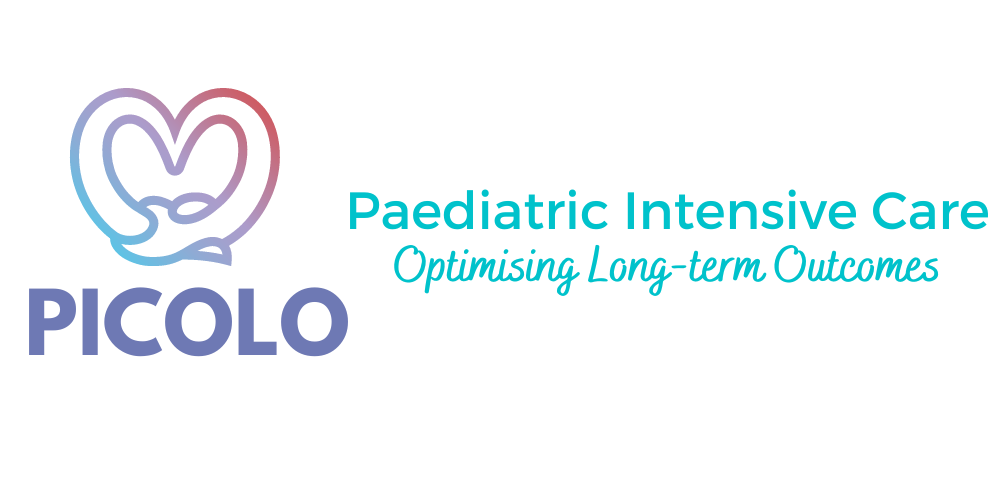Compassion Fatigue - my experience
Recently, I was sitting in a job interview for a research role on the PICOLO team and asked whether I thought working in nursing research was as important and fulfilling as working on the front lines of nursing. This question took me by surprise.
If you had asked me that question five years ago the answer would have been an emphatic NO. You see, I had been a paediatric intensive care nurse for over ten years, looking after the sick of the sick and I loved my job! Each day I looked forward to going into work, anxious to see who I could help and make a difference in the lives of children and families who were living their worst day…and then one day I didn’t. Ten years of nursing on the frontline had led to compassion fatigue.
Compassion fatigue is defined as the natural consequence of stress resulting from caring for and helping traumatised or suffering people and it is something that can affect anyone. You could be a nurse working on the frontline or the parent sitting by the bedside of a chronically ill child, and both have compassion fatigue.
What helped, I can hear you ask? It was not easy, and it did not change overnight but the following helped most.
Stepping back and taking respite away from the PICU
Surrounding myself with family and friends and leaning on them for support
Starting an exercise regime
Making healthier choices when it came to nutrition
Striving for excellent quality sleep each night
Being aware of my own spiritual wellbeing
All these steps eventually helped to improve my mental health and enabled me to dive back into nursing, but with a different focus. Having compassion fatigue helped me to realise that while frontline PICU nursing is a valuable and essential service, what happens outside the PICU’s four walls once you arrive home can be just as important and valuable.
Working in PICU I only saw patients and families on their worst day. I would not see how a critical illness requiring PICU affected the patient and families after they discharged from the unit and arrived back home. Increasingly, research is demonstrating that critical illness can have long term detrimental impacts for children and their families, especially related to neurodevelopmental milestones and quality of life.
Becoming a member of the PICOLO team has allowed me to be involved in an area of nursing that I love, through research into post intensive care outcomes and the families who give of their time and energy to participate we are striving to improve the lives of patients and their families once they leave the Paediatric Intensive Care Unit and return home.


